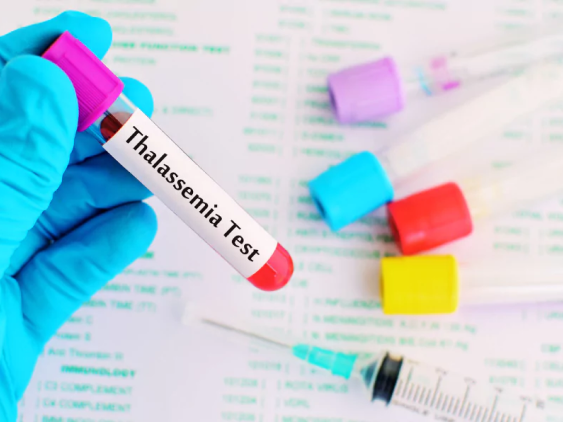The twentieth century began with the best prospects for the achievement of an ancient dream, the transfusion of healthy blood from person to person. It had taken centuries of failure for enough scientific knowledge to accumulate in order to overcome the problem that transfused blood was for the most part, incompatible with the recipients’ own. Still, it needed the impact of two world wars on medical science before the secret of blood groups was finally revealed.
Thereafter, the new science grew rapidly, saving millions of lives throughout the world. In these years of worldwide success and achievement, blood service began to place particular emphasis on finding and motivating blood donors who would give voluntarily with out monetary reward. There should be no solution to the question of blood sufficiency other than the promotion of voluntary blood donation. In the Council European Communities Directive 89/381 ECC (art.3, Para A) it clearly stated that.

“Member States shall take necessary measures to promote community self-sufficiency in human blood and human plasma. For this propose, they shall encourage the voluntary unpaid donations of blood and plasma and shall take the necessary measures to develop the production and use of products derived from human blood or plasma coming from voluntary unpaid donations.”
As a rule blood donation must be voluntary, non-remunerated and thus community based. Further to the ethical aspect, the voluntary donations will also guarantee high quality standards of blood and blood products, safety in the transfusion practice and self-sufficiency
In the early 1980s AIDS changed everything bringing a threat to human health and functioning of the human society. Thus unexpectedly, blood service found itself on the front line in battle against infectious diseases. The revelation that HIV is transmissible by blood transfusion redirected the process of collection, screening and transfusion of blood into efforts to avoid donations by people with high-risk behavior. In the absence of effective vaccination or treatment for AIDS, prevention has become crucial.
In the light of past failures and errors, it is hoped and believed that man’s intelligence will overcome this latest enemy, AIDS, and re-establish blood donation as a uniquely humanitarian act.